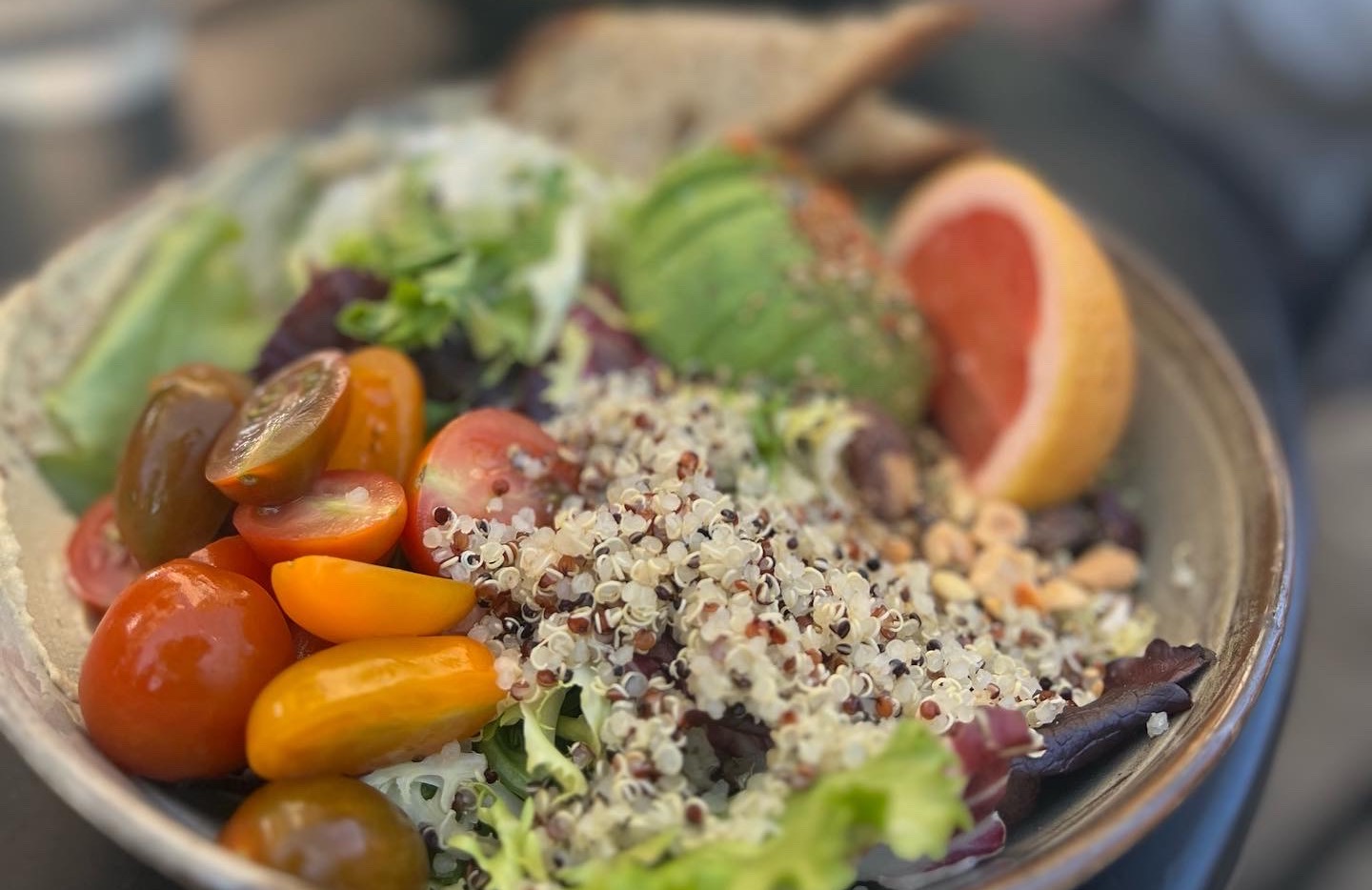An often overlooked aspect of health is gut health. Over the years, I’ve struggled with gastrointestinal issues, on and off, more so when I was younger. However, through trial and error, I’ve found that getting consistent with my diet and exercising regularly has significantly helped improve my gut health. The following might help you work out your gut health issues too.
Related: Reset your gut microbiome after a dose of antibiotics
The Gut Health-Work Out Connection
You might wonder what exercising has to do with your gut. Research suggests that physical activity positively influences our gut microbiome, the community of beneficial bacteria residing in our digestive system. These microbes play an integral role in our overall health, impacting everything from digestion to mental health. You can literally work out your gut health issues.
Benefits of Exercise for Gut Health
Increased Gut Microbial Diversity
A diverse gut microbiome is a sign of a healthy gut. Interestingly, physical activity has been linked to increased microbial diversity. Regular exercise can encourage the growth of a variety of beneficial bacteria, promoting optimal gut health.
Better Digestion
Exercise aids in the mechanical breakdown of food and the absorption of nutrients in your gut. It stimulates the muscles in your gastrointestinal tract, which helps move food along the digestive pathway. This is particularly helpful in preventing constipation, a common digestive problem. Try our muscle mud as a perfect gut health snack.
Reduced Inflammation
Chronic inflammation can wreak havoc on your gut health. Regular exercise reduces inflammatory markers in your body, which can help protect your gut from inflammatory conditions like inflammatory bowel disease.
Weight Management
Maintaining a healthy weight is beneficial for gut health. Carrying a bit extra weight, or even worse, being obese been linked to imbalances in gut bacteria, and regular physical activity is key in managing your weight and promoting a healthy gut.
Our Healthy Gut Microbiome Protocol
In addition to regular exercise, I’ve implemented a personal gut health protocol to further support my gut health:
Staying Hydrated: Water aids in digestion and helps keep the lining of your gut healthy. I make sure to stay well-hydrated throughout the day.
Consuming Fermented Foods: Foods like sauerkraut are rich in probiotics, beneficial bacteria that can boost your gut health.
High Fiber Foods: I’ve incorporated more fiber-rich foods into my diet. Fiber acts as a prebiotic, feeding the beneficial bacteria in your gut.
Breathwork for Stress Management: Stress can negatively impact your gut health. To manage stress, I practice breathwork exercises regularly.
Regular Exercise: Whether it’s a quick 20-minute workout or an intense training session, I make sure to get in some form of physical activity daily.
How It Looks In Practice
- 6 to 8 ounces of lemon water first thing in the morning x4-6 throughout the day
- Broccoli and spinach egg omelet for breakfast
- Quinoa, chicken, spinach, beet, and avocado salad for lunch
- 0% plain Greek yogurt mid-snack
- Asparagus, chicken and/or turkey, and sweet potatoes with a side of garlic sauerkraut
- 2 capsules of acidophilus
My personal journey to improve my gut health has been filled with trials and errors, but what stood out most was the undeniable connection between exercise and improved gut health. If you’re struggling with gut issues or just want to optimize your overall health, I highly recommend keeping up with regular physical activity and adopting a gut-friendly diet.
Curious how we eat? Here’s what we order from Whole Foods every week. And here’s a perfect day of eating for lean muscle.
—
Got a question or feedback? Hit up Mike on Instagram, Facebook, and Twitter.
Interested in coaching? Apply today!
Give us a follow us on social media: Instagram, Facebook, and Twitter.
Be first to know about our latest content drops! Sign up for our monthly newsletter.


